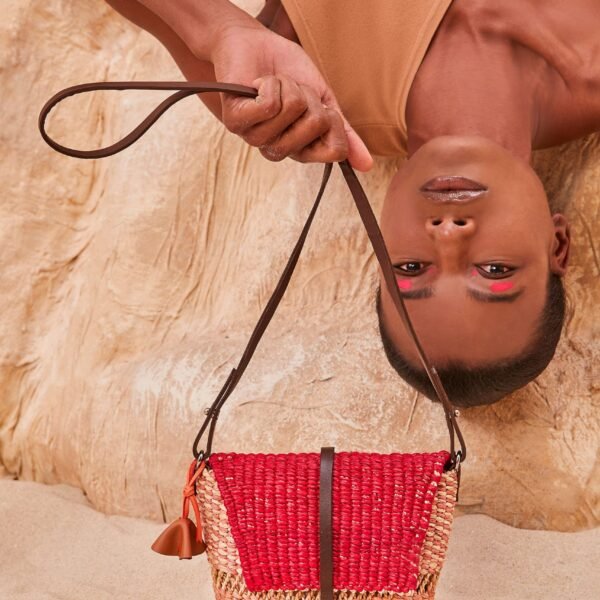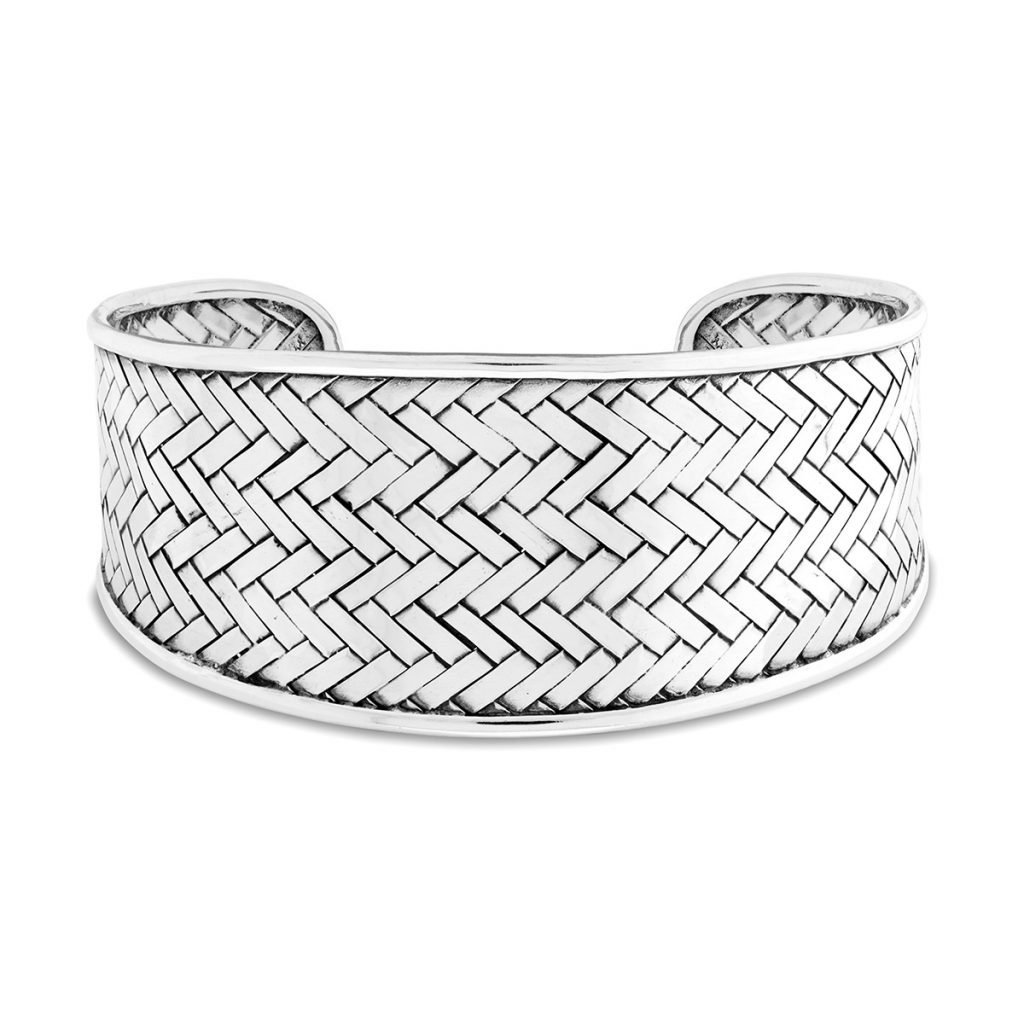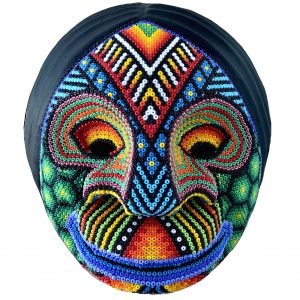Description
This Soka silver ring is a sibling of the Pedang Silver Ring, featuring intricate interlocking detail that carefully weaves silver into silver. A strong silver rim makes the piece durable, while a subtle polish ensures a smooth finish.
Read More
WHAT WE LOVE ABOUT THE SOKA SILVER RING
- Finest handcrafted silver jewelry
- Each piece is lovingly handcrafted and finished by a single artisan
- Created with traditional techniques and materials
- Ethically sourced
- Durable
MATERIALS
- Certified 925 Sterling Silver
- No chemicals or residues
- Packaging is made from 100% recyclable materials, acid-free, and fully biodegradable.
- You can be sure that you’ll have no issues of allergy from Nickel or chemicals used in the production as there is none!
- Care for your Silver. If the Soka silver ring tarnishes, mix a paste of three parts baking soda to one part water. Wet the silver and apply the mix with a soft, lint-free cloth. Do not use paper towels. Work the paste into the crevices, turning the cloth as it gets gray. Rinse and buff dry. And better yet, wear them daily so that they don’t tarnish at all.
ABOUT THE BRAND
Nusa began as a passion for the culture and people of Bali. For the sights and sounds of one of the most unique places on Earth: Bali, Island of the Gods. Creativity permeates every aspect of Balinese life, and working with silver is part of their traditional skills.
After the founders saw the incredible talent of the artisans in crafting raw silver into the most fantastic forms, they wanted to share it with the world. So they created Nusa to make this fantastic jewelry available to all who appreciate skills and craftsmanship over modern production techniques.
“Nusa” in the local language simply means “island”. It is fitting, as it is Bali’s isolation as an island that led to a culture and tradition that is truly unique. Without it, we wouldn’t enjoy the distinctive style and handmade ethical jewelry.
The brand provides sustainable employment so that artisans can remain in their villages with their families, and continue to live their traditional way of life rather than having to leave their villages to work in the tourist industry. By remaining with their families, artisans are able to pass their skills down through the generations ensuring that this knowledge is not lost to time.


















